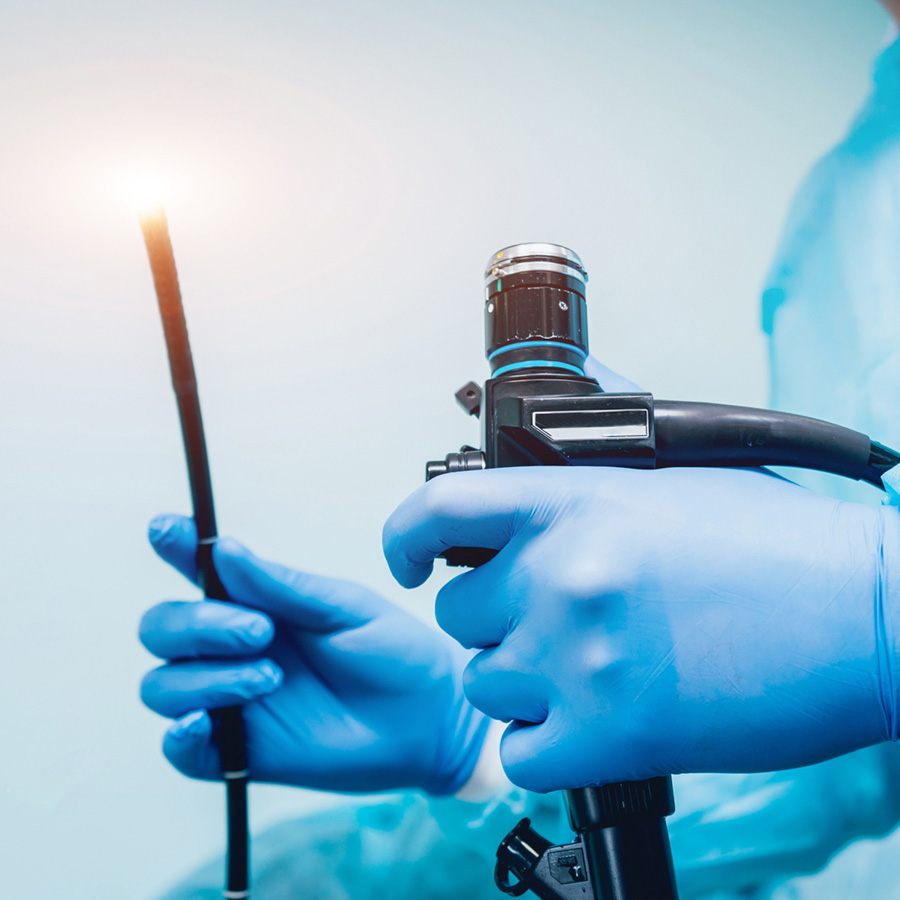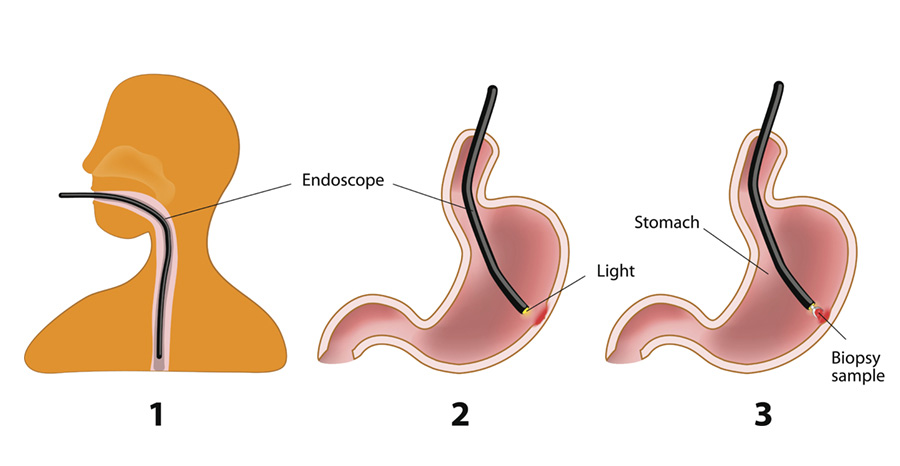
- Home
- News & Blog
- How to Prepare for an Endoscopy?

Are you scheduled to have an endoscopy soon? If you are, here’s a quick article that details what you need to do to prepare for your endoscopy.
But before we dive into that, let’s do a quick recap on what an endoscopy is. An endoscopy is a non-surgical procedure that examines a person’s digestive tract. In this procedure, an endoscope, a long flexible tube with a camera is inserted into the body. There are two main types of endoscopies. The first is a upper gastrointestinal (GI) endoscopy, also known as Gastroscopy, or Esophago-gastro-duodenoscopy, wherein the endoscope is inserted through your mouth, to your esophagus down to the stomach and the first part of small intestine, the duodenum. The second type is the lower gastrointestinal endoscopy, or a colonoscopy. This time, the endoscope is inserted from your anal opening or butt, up to cecal area or Ileocecal valve area.
Why are endoscopies important? Doctors request for endoscopies to help detect and prevent illnesses and diseases related to the gastrointestinal tract such as peptic ulcers, structural problems like blockage of the esophagus, gastroesophageal reflux disease (GERD), hiatal hernia wherein the part of the stomach pushes up to your diaphragm and chest area. An endoscopy also allows doctors to check for any masses or malignancy or polyps and determine the cause of bleeding, irregular bowel movement, constipation, stool changes, and more.
Before you head on over for your endoscopy, here are 7 things you need to do to prepare for your procedure.
- Discuss your medical conditions. Let your doctor know of any existing conditions. For example, if you have a heart disease, inform your doctor so he or she knows what precautionary measures to take for your endoscopy.
- Mention current medicines and allergies. If you’re currently taking medicine, give your doctor a list of your medicine so he or she can assess if any of the medicines may be in conflict with the procedure. Be open with your current allergies, too. You doctor will veer away from anything that may cause an allergic reaction.
- Keep yourself informed. If there’s anything you don’t know or want to know more about, ask your doctor. Don’t be shy to ask about the risks and complications, or even the step-by-step process. The more informed you are, the more relaxed and prepared you will be.
- Arrange for someone to bring you home. In most cases, if not all, you will be given a sedative before the procedure so that you are relaxed during the process. It takes a while for the drowsiness from the sedative to abate, so don’t risk driving yourself home. Instead, ask for someone to take you home.
- Don’t eat or drink beforehand. Make sure you don’t eat or drink anything after midnight the night prior to your procedure, other than clear liquids. These are mainly water, black coffee, apple juice, clear soda, and broth. But to be sure, confirm with your doctor what exactly you can take after midnight.
- Dress comfortably. Wear comfortable clothes. You want to be as relaxed as possible before and after your procedure. The process can cause discomfort, so slipping into soft clothing will be very helpful.
- Take time off to recover. Lastly, don’t get right back to your daily routine. Take some time off from work, school, or any other of your activities until you feel you have fully recovered.
We hope this has been helpful. Now, do you feel prepared for your procedure?
If you have any other questions, comments, or if you want to schedule an endoscopy or book an appointment with a Gastroenterologist get in touch with us now.
Contact our Customer care Centre at 0919-081-9115 or book an appointment through Keralty Appointments.
 Philippines
Philippines
 Keralty Global
Keralty Global

